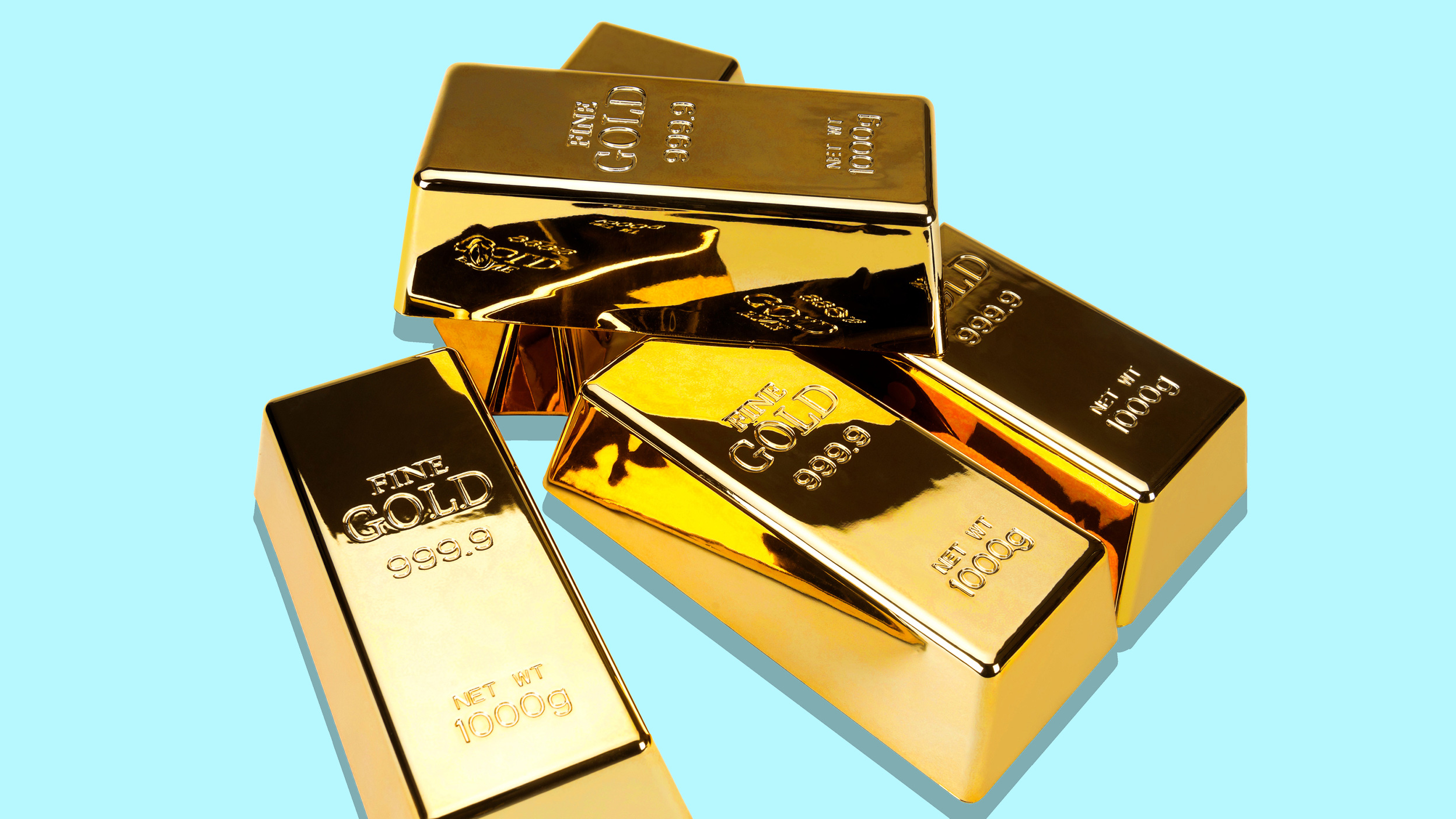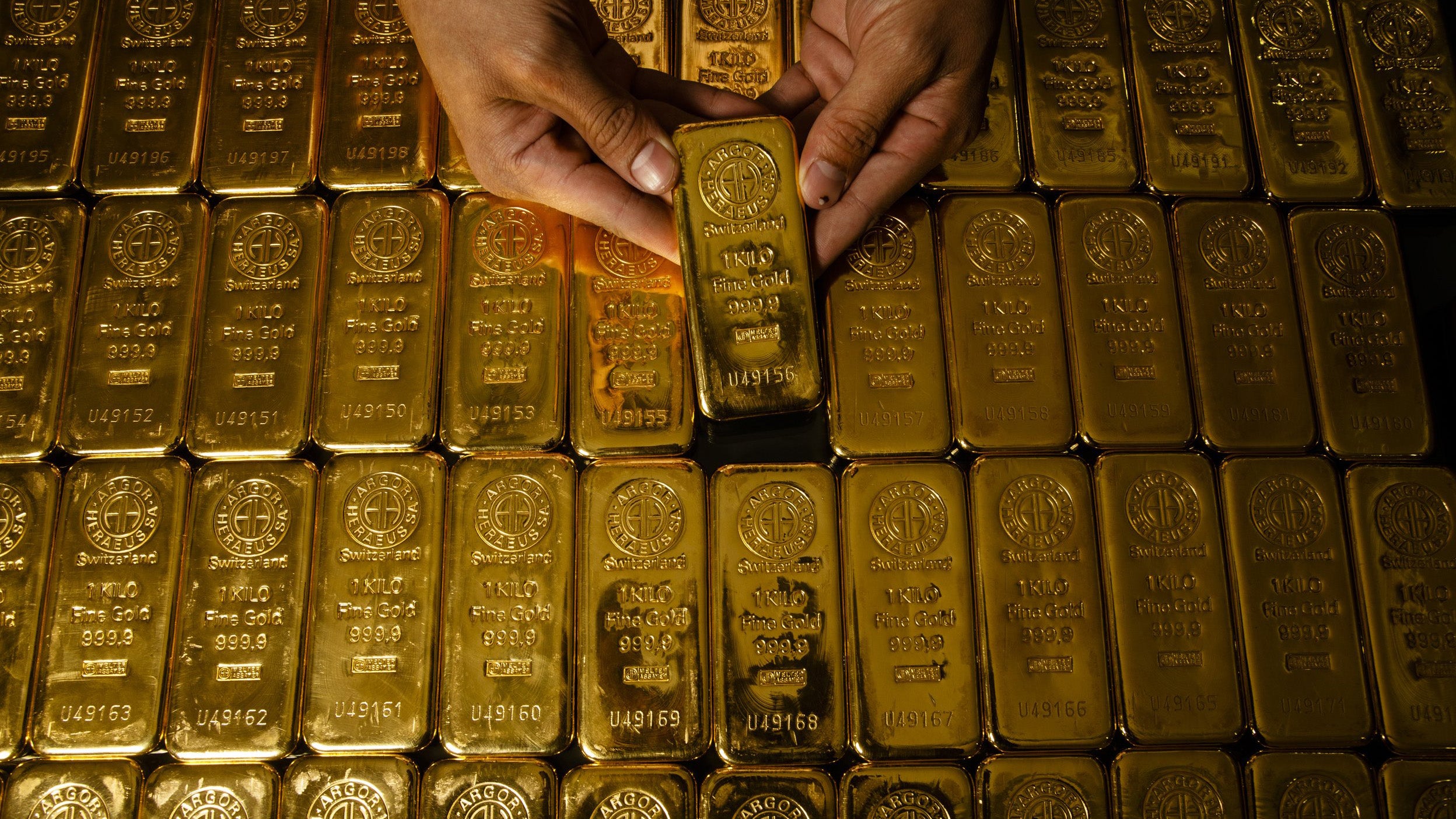
ETF Snapshot: Second biggest month for ETF flows
October posted the second-highest flows after September’s record, with US equities surging and fixed income ETFs hitting an all-time high.
Holding gold in a balanced portfolio can provide useful diversification benefits, and historically has maintained a low correlation with most major asset classes.
Gold is often more sought-after when conditions are increasingly uncertain, or more volatile elsewhere. Unprecedented events, like the COVID-19 pandemic, can drive investors to search for relative “safe havens” such as gold.
Gold could be useful as an inflation hedge when inflation comes as a “shock” due to external factors, when prices escalate faster than expected or when central bank measures are ineffective.

Gold continued its stellar performance with a further gain of 16.8% in the third quarter of the year. Renewed demand for physical gold ETPs provided support, while the precious metal was also boosted by the Fed finally restarting its rate cutting in September. Discover insights into the key macro events and what we think is worth keeping an eye on in the near term.

The gold price has made a series of new all-time highs over the past year, driven partly by demand from investors. Find out more about what’s been driving the gold price, as well as answers to some of the other questions that many investors have when considering adding gold to their portfolios.
Our Invesco Physical Gold ETC provides one of the lowest overall cost exposures to the gold price in Europe. With more than US$18 billion of assets¹, it is also the largest gold product in Europe, enabling you to gain exposure to price movements without having to buy and store physical gold yourself. For investors also wishing to minimise their currency risk, we offer a currency-hedged series in GBP and EUR.
Our ETC aims to provide the performance of the LBMA Gold Price PM, less the fixed fee of 0.12% per annum. Investments are backed by physical gold bars, placed in segregated accounts, and stored securely in the London vaults of J.P. Morgan Chase Bank. Our ETC trades on multiple exchanges across Europe, is UCITS eligible and Shariah compliant. Find out more in our Gold ETC brochure.
With over 15 years of efficient tracking.1
One of the lowest-cost ETCs in Europe.1
Available at the same fee of 0.12% p.a.
You can invest in our Invesco Physical Gold ETC via your usual broker or trading platform and hold it in a standard brokerage or custodial account.
Our Capital Markets teams provide a free service to help you find the most suitable and cost-effective way to buy, sell or switch products.
Email: etftrading@invesco.com
Telephone: +31 (0)20 8880238

ETF Snapshot: Second biggest month for ETF flows
October posted the second-highest flows after September’s record, with US equities surging and fixed income ETFs hitting an all-time high.


Complete the form to receive our latest gold insights, including our quarterly gold report, monthly update, gold brochure and relevant product information.
Exchange-Traded Commodities or “ETCs”, are investment vehicles that trade on stock exchanges and track the performance of an individual commodity or basket of commodities. With ETCs, investors can get exposure to spot commodity prices, without taking physical delivery of those commodities.
Our ETC is physically backed by gold bullion (a Gold Bar List is available on our website) which is stored securely in J.P. Morgan’s London Bank vaults. The gold is inspected twice a year by Inspectorate International Limited and includes a full bar count. Once a year they are accompanied by our auditors, PricewaterhouseCoopers.
The inspection reports and the annual audit reports are available on our website.
Yes, it is possible to receive the metal in unallocated form if you have an LBMA clearing account. When you sell your holding, you may have the option of Physical Settlement if you do not want to take the normal Cash Settlement.
Physical delivery can be made only to a holder that is not a UCITS fund. You must specify the number and account name of an unallocated account in London with a member of the LBMA where the relevant delivery amount should be delivered. Investors that are UCITS funds are not permitted to receive physical delivery of gold. UCITS funds can only redeem for cash.
Invesco Physical Gold ETC is not a fund or an ETF, as the ETC invests in only one asset, i.e. gold, it would not meet UCITS rules on diversification that are required for a fund. The certificates are transferable securities, therefore not shares in a collective investment scheme.
For investors who wish to minimize their currency risk, we have currency-hedged share classes available in GBP and EUR.
Yes, it is possible to receive the metal in unallocated form if you have an LBMA clearing account. When you sell your holding, you may have the option of Physical Settlement if you do not want to take the normal Cash Settlement. Physical delivery can be made only to a holder that is not a UCITS fund. You must specify the number and account name of an unallocated account in London with a member of the LBMA where the relevant delivery amount should be delivered.
Investors that are UCITS funds are not permitted to receive physical delivery of gold. UCITS funds can only redeem for cash.
The LBMA is a trade association that acts as the coordinator for activities conducted on behalf of its members and other participants in the London Bullion Market.
The gold price is determined via an electronic auction that takes place twice per day in London, at 10:30 am and 3:00 pm GMT, and quoted in US dollars per fine troy ounce. The LBMA Gold Price is a fully transparent benchmark and widely accepted as the basis for pricing spot transactions.
Our Gold ETC offers direct exposure to the price of gold. Our low annual fixed fee of 0.12% allows for our ETC to have tight tracking of the spot gold price.
Invesco Physical Gold ETC seeks to minimise exposure to gold mined prior to the 2012 introduction of the LBMA’s Responsible Gold Guidance. Our holdings are currently 100%2 post-2012 gold bars and our aim is to maintain this by only accepting post-2012 gold for new creations.